Volunteer Spotlight: Doug
Compassion in Action
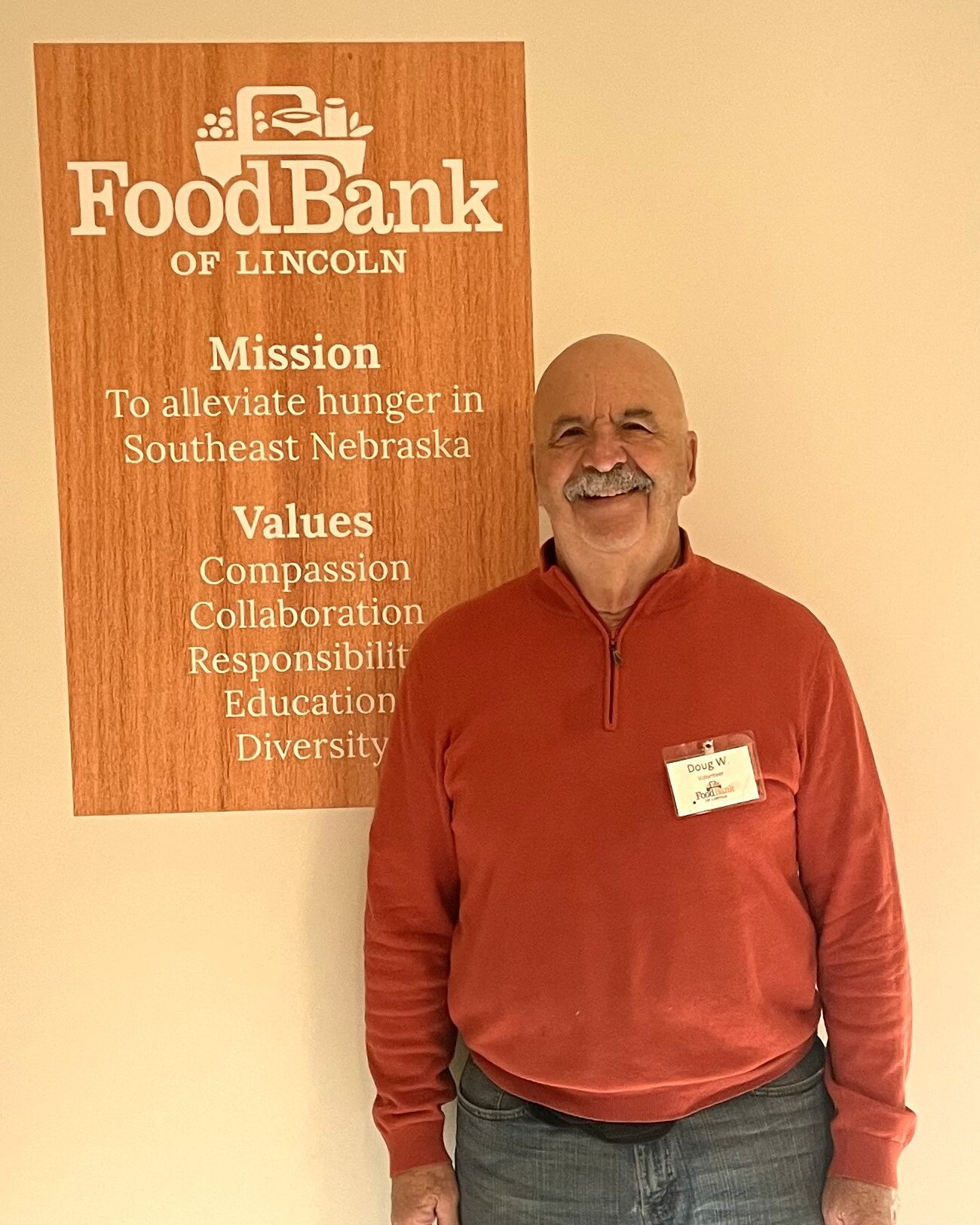 Doug is a dedicated volunteer who has been sharing his time and energy with the Food Bank of Lincoln for the past four years. Doug’s journey is a wonderful testament to how one individual can create a ripple effect of positive change throughout their community, impacting countless lives, even those he’s never had the chance to meet.
Doug is a dedicated volunteer who has been sharing his time and energy with the Food Bank of Lincoln for the past four years. Doug’s journey is a wonderful testament to how one individual can create a ripple effect of positive change throughout their community, impacting countless lives, even those he’s never had the chance to meet.
Background
Doug’s professional career as a certified professional accountant (CPA) and interim chief financial officer (CFO) in the healthcare and finance sectors has taken him to Norfolk and Hebron in Nebraska, and outside the Cornhusker state to Iowa and Missouri. Doug and his wife are proud parents to six children and doting grandparents to 10 grandchildren.
Discovering the Food Bank
Doug first connected with the Food Bank of Lincoln after being a long-time donor. An open house invitation from Chief Relationship Officer John Mabry sparked his interest. During a tour with his grandson, Hunter, Doug realized that volunteering at the Food Bank could also be a meaningful way to spend time once he retired.
Motivation to Volunteer
Doug’s motivation to volunteer comes from a deep desire to help others, a trait instilled in him by his parents. He has always been actively involved in various activities and finds it hard to say no when it comes to lending a hand. Doug is particularly moved by the issue of food insecurity, noting how much it has risen over the years. He finds immense joy in seeing the smiles on children’s faces and helping to ensure that our neighbors have enough food.
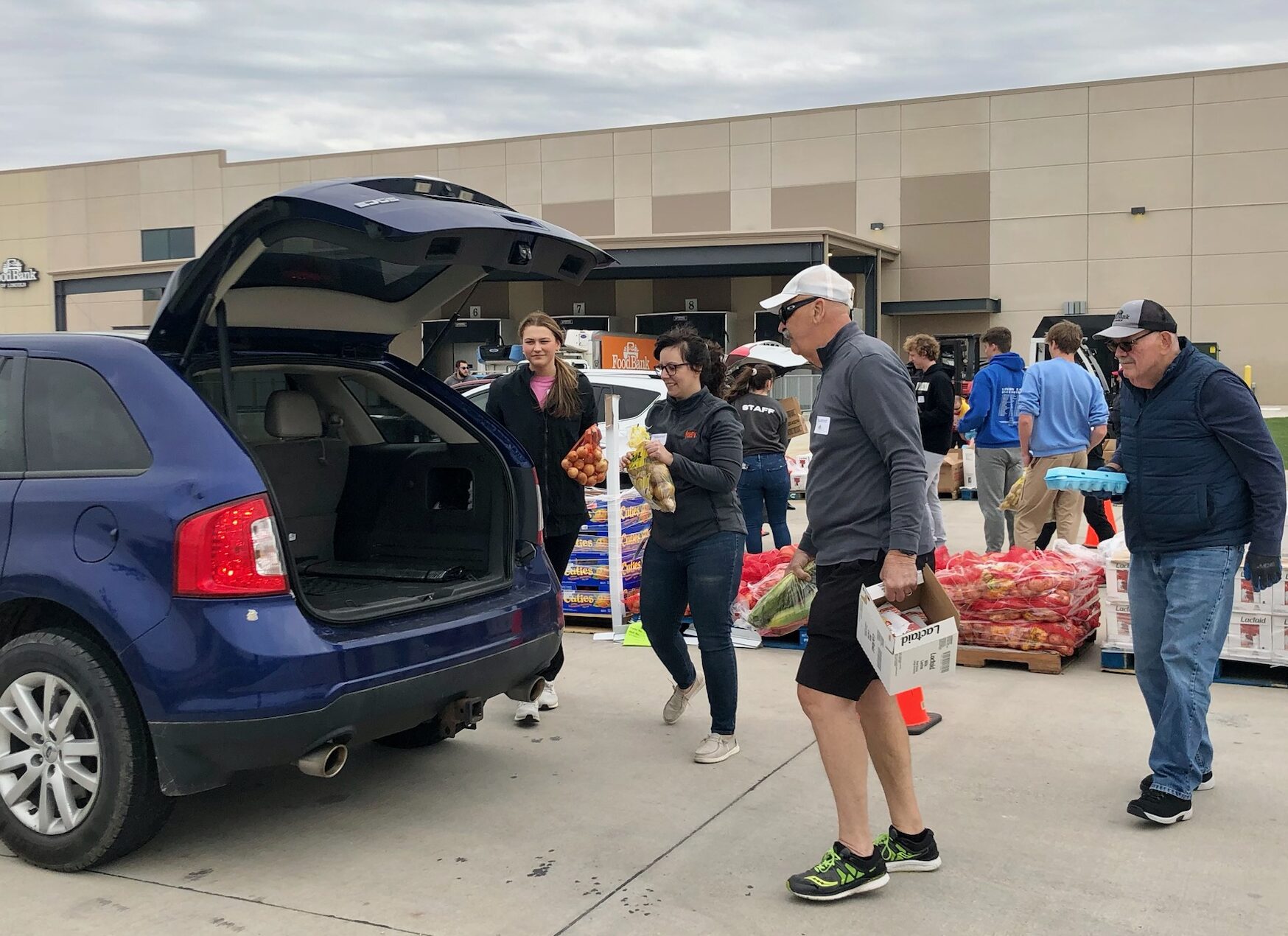 Doug’s choice to volunteer at the Food Bank is quite personal as he remembers the struggles of his college days and empathizes with people facing hard times or other challenges/uncertainties that life can bring. He believes in the Food Bank’s values and mission of alleviating hunger. Doug genuinely values the camaraderie among volunteers and the relationships he’s built through the work. He fondly recalls a time he and his wife were delivering food and got to know more about a family that had recently moved from Boston—a place where one of his sons spent some time. From packing and sorting to helping at mobile distributions, Lincoln Fresh stops and even delivering meals, Doug appreciates the diverse activities that he and his fellow volunteers get to engage in and looks forward to hearing the updates and stories from them.
Doug’s choice to volunteer at the Food Bank is quite personal as he remembers the struggles of his college days and empathizes with people facing hard times or other challenges/uncertainties that life can bring. He believes in the Food Bank’s values and mission of alleviating hunger. Doug genuinely values the camaraderie among volunteers and the relationships he’s built through the work. He fondly recalls a time he and his wife were delivering food and got to know more about a family that had recently moved from Boston—a place where one of his sons spent some time. From packing and sorting to helping at mobile distributions, Lincoln Fresh stops and even delivering meals, Doug appreciates the diverse activities that he and his fellow volunteers get to engage in and looks forward to hearing the updates and stories from them.
Volunteering has brought Doug so much joy. He loves meeting new people and reconnecting with old coworkers and acquaintances he runs into through sharing his time. His wife humorously notes that he “spends more time at the food bank than at home.” Doug has been incredibly active, sometimes even volunteering up to six days a week!
Doug encourages others to volunteer, emphasizing the sense of belonging and accomplishment that often comes with helping others.
Growth of the Food Bank
Doug has witnessed the Food Bank’s growth over the years, from constructing a new facility and switching buildings to ultimately expanding in size and need. Doug hopes his efforts have helped his neighbors through tough times and inspired them in some way to pay it forward. Doug envisions the Food Bank’s continued growth with more people donating and supporting the various programs that help continue to address the need for accessible, nutritious food.
Fun Facts/ Hobbies and Interests
Doug is great with numbers (as you can probably now tell from his time spent in finance), earning the nickname “human calculator” from his wife. His quick mental math skills are impressive and well-known among his peers, which has certainly helped him excel in his past roles.
Outside of volunteering, Doug enjoys golfing and recently joined a country club, a tradition he has carried on from his parents. He notes that he also “loves cooking and eating,” often sharing recipes and restaurant recommendations with some of his fellow volunteers. Doug also enjoys walking (when it is nice outside) and traveling with his wife.
He also takes great pleasure in cooking. Some of his favorite dishes to create are mile-high pumpkin mousse pie, tomato basil parmesan soup and black bottom pie—a chocolate-based treat with custard and topped with whipped cream.
Thank You
Doug’s enthusiasm and passion for giving back are an inspiring example of the difference one person can make in the lives of others. Kudos to Doug (and all our wonderful volunteers) for all of the support, energy, effort and commitment to the Food Bank of Lincoln and our neighbors!

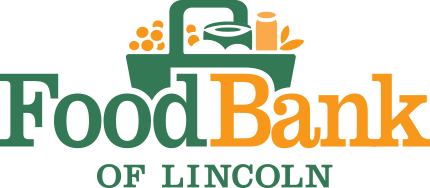
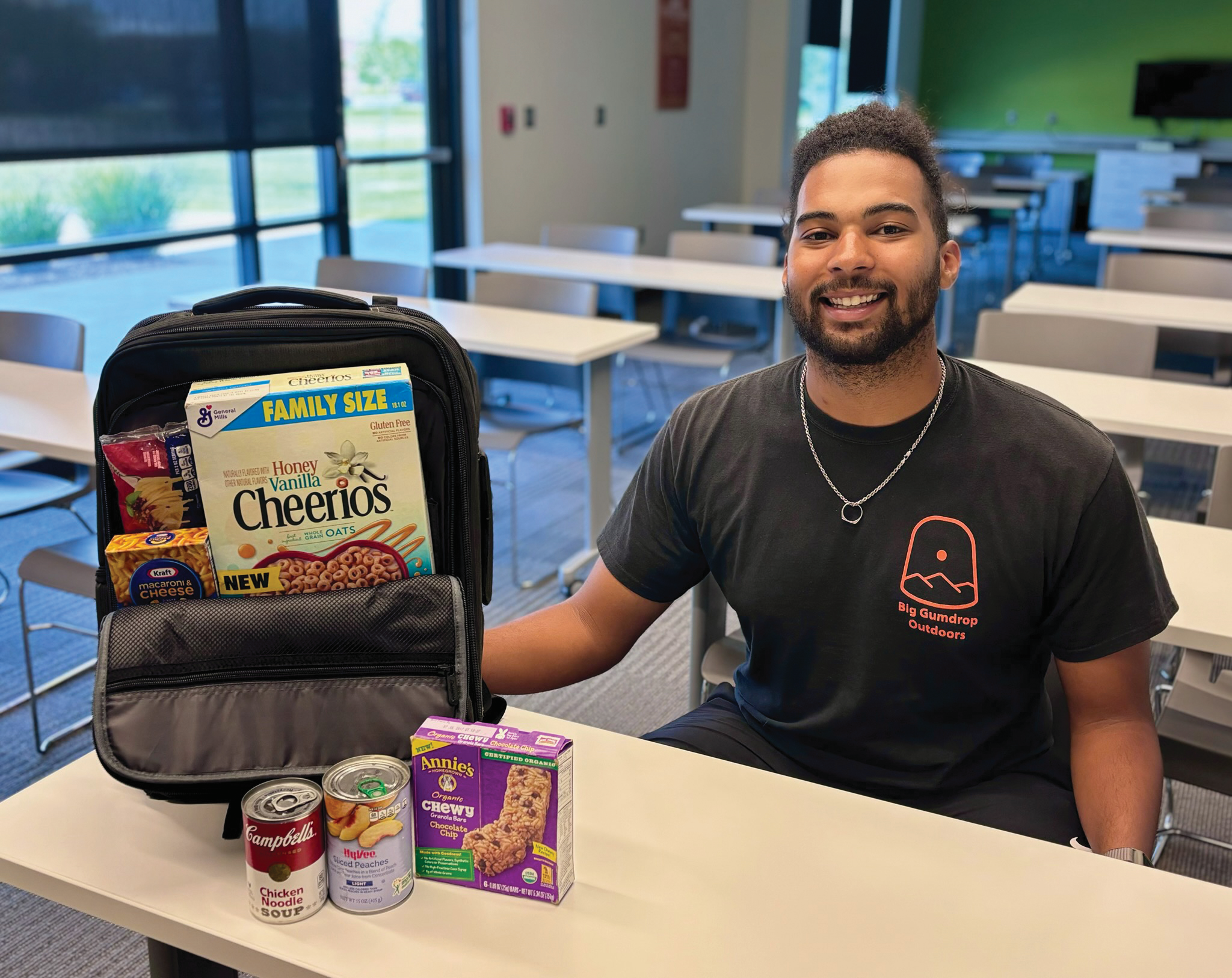
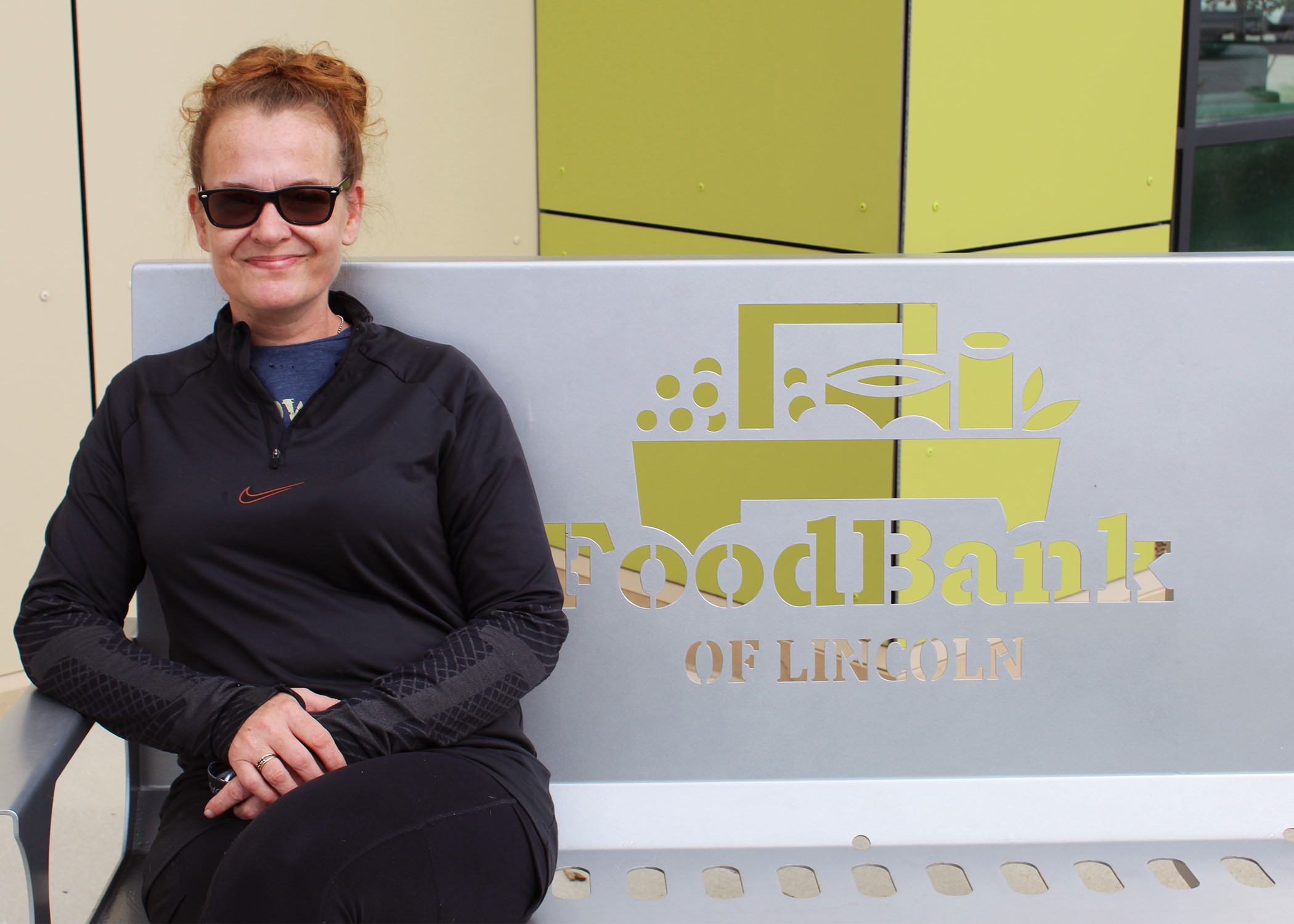
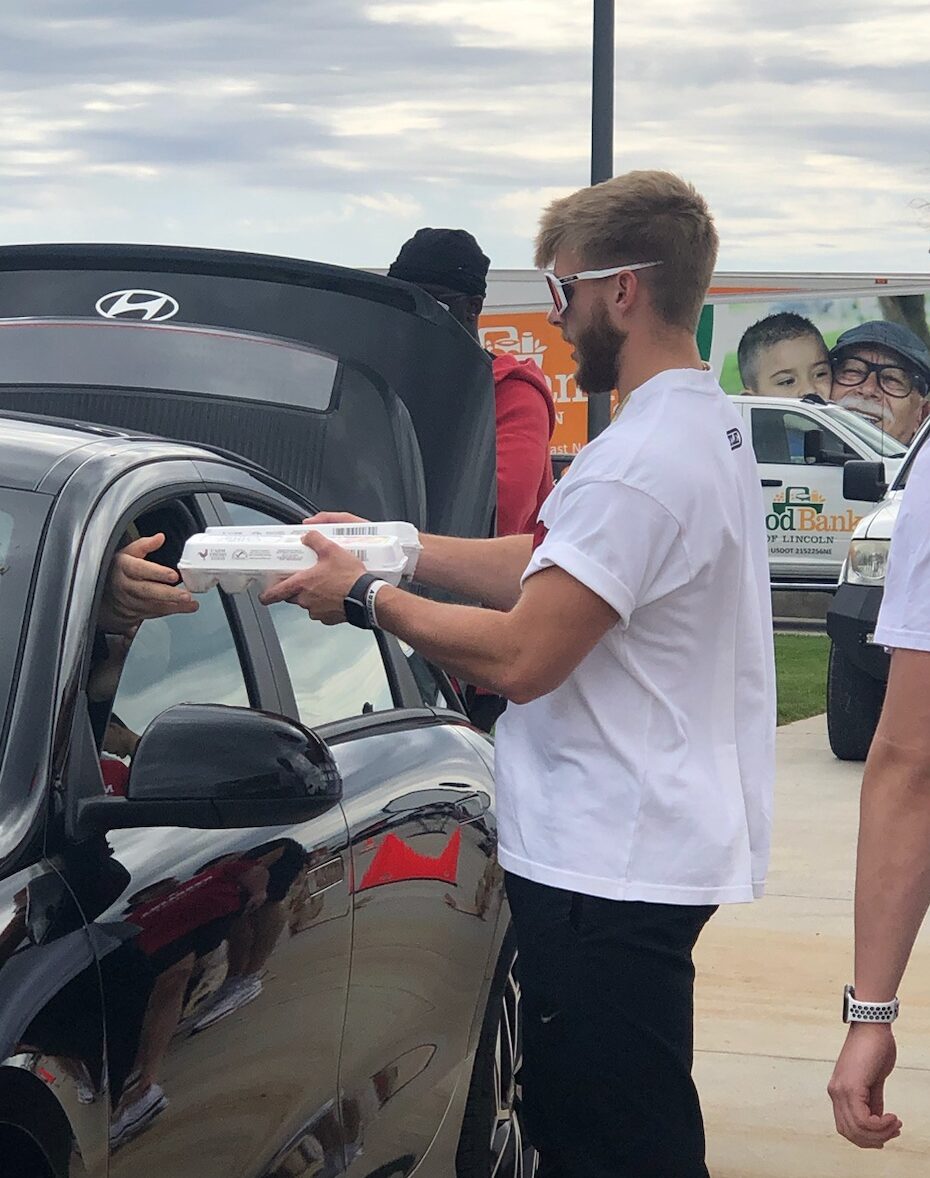

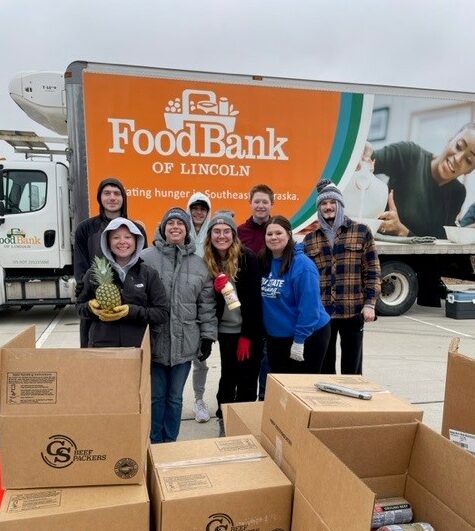
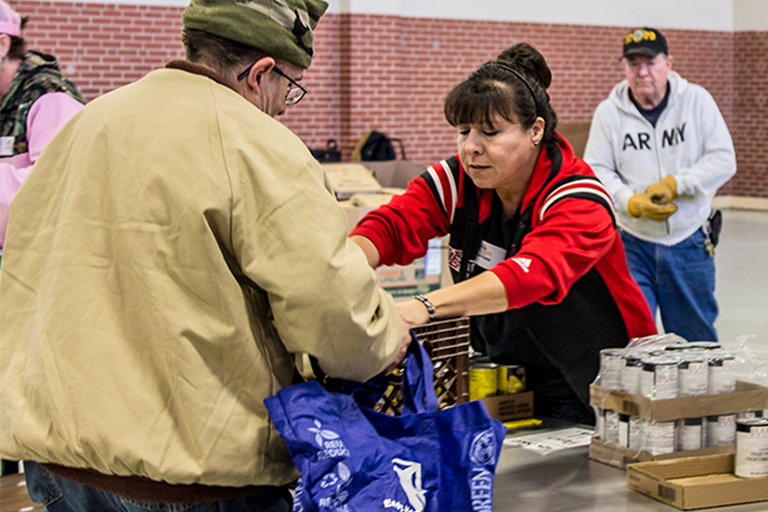
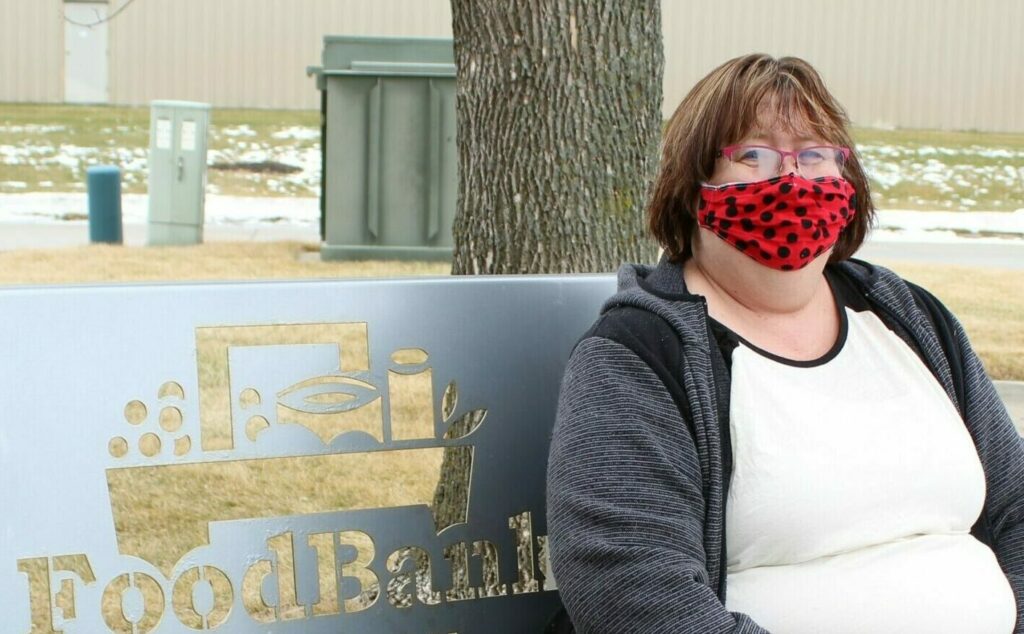
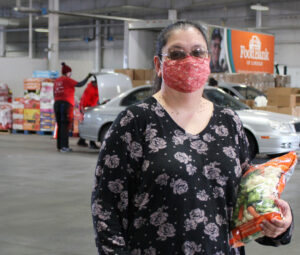
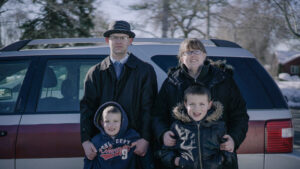
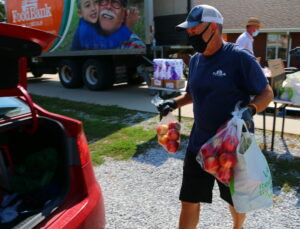
 When Sawyer Zeece was looking for a hobby in the summer of 2019, she knew she wanted to work with kids and do something meaningful.
When Sawyer Zeece was looking for a hobby in the summer of 2019, she knew she wanted to work with kids and do something meaningful.